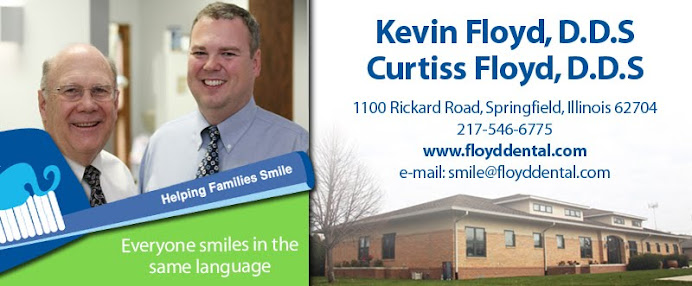Dental care during cancer treatment
Cancer and oral health may seem unlikely partners, but your oral tissues are going to be at the center of a firestorm when you begin cancer treatments.
If we can examine you two weeks prior to beginning your treatments, we can likely prevent serious dental problems.
Some oral problems you may experience and preventive measures you can do at home include—
Xerostomia—Cancer treatments affect the salivary glands, which result in dry mouth (xerostomia). Drink plenty of fluids, preferably water. Without the protective saliva, oral bacteria voraciously feed on sugary drinks and food and eventually cause tooth decay. Chew sugarless gum or suck on mints made with the natural sweetener, xylitol. We can prescribe a saliva substitute.
Xerostomia—Cancer treatments affect the salivary glands, which result in dry mouth (xerostomia). Drink plenty of fluids, preferably water. Without the protective saliva, oral bacteria voraciously feed on sugary drinks and food and eventually cause tooth decay. Chew sugarless gum or suck on mints made with the natural sweetener, xylitol. We can prescribe a saliva substitute.
Oral hygiene—Keep a stringent oral care routine even though you won't want to crawl out of bed. Brush with fluoride toothpaste after each meal and before you go to bed, and clean your tongue with a tongue scraper. Use a mouth rinse that does not contain alcohol because alcohol can cause xerostomia. Gently floss every day.
Cavities—Radiation can cause rampant cavities. Using a gel fluoride product every day will be your teeth's best friend.
Etched tooth enamel—A hard, protective layer of mineral covers your teeth. Cancer treatments can cause you to regurgitate stomach acids that destroy tooth enamel. Immediately after regurgitating, rinse your mouth with ¼ teaspoon baking soda stirred into 1 cup warm water.
Infection—Chemo can make you less resistant to oral bacterial and fungal infections. Watch for signs of swelling, bleeding, a sore, or a sticky white film in your mouth. Immediately call our office or your oncologist so that we can prescribe a medication to get the infection under control.
Good oral health will help you as you proceed with your cancer treatment program. It is critical that you make and keep your appointments so that we can assist you during this stressful, topsy-turvy time.

